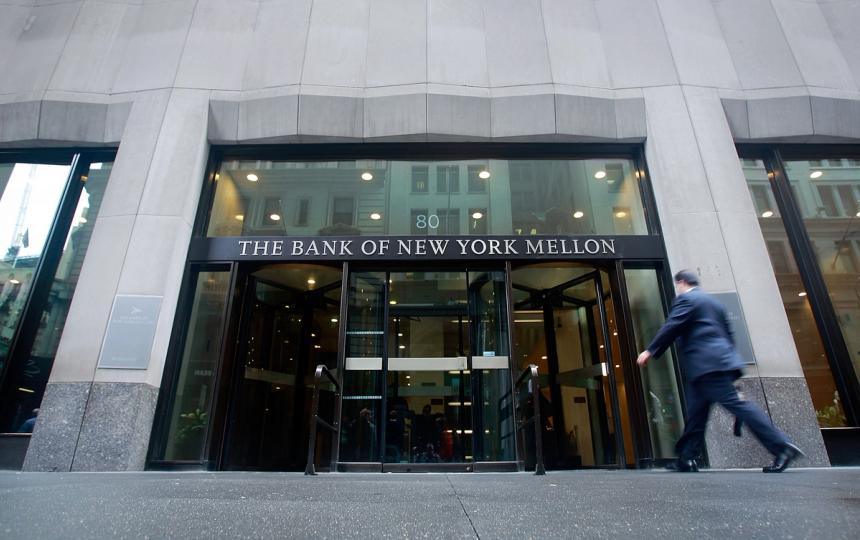BNY Mellon is exploring the development of stablecoin infrastructure but has not committed to launching its own token, executives said during the company’s recent earnings discussion Thursday.
The bank, one of the world’s largest custodians, has proposed several blockchain-related investments in 2025, including those that would support real-world asset settlement and tokenized payments. Executives linked this acceleration to a more “constructive” regulatory environment and better market conditions.
“With the change in administration and everything that’s happening in the digital assets space, we’ve brought forward some of our investments that previously might have fallen below the line,” said Dermot McDonogh, CFO of BNY.
When asked if BNY Mellon was considering issuing its own stablecoin, CEO Robin Vince declined to give a definitive answer, but said the bank’s strategy was focused on supporting the ecosystem as a whole rather than launching a branded token.
A BNY-branded stablecoin would likely serve institutional use cases, such as settling tokenized assets or facilitating intraday liquidity. But for now, the bank appears to be focused on building a flexible infrastructure rather than launching a product.
“We’re in the infrastructure and capital markets enablement business,” Vince said on the call. “We collaborate with stablecoins. We enable other people’s stablecoins, and that’s really the core of our strategy.”
The bank already provides services to some of the largest stablecoin issuers, offering custody, collateral management, settlement and other back-end infrastructure.
He added that many companies might want to use stablecoins internally without building their own technology stacks, creating demand for infrastructure providers like BNY Mellon. While leaving open the possibility of developing systems “to the point” of issuing a BNY-branded stablecoin, he emphasized that the company is more likely to power other stablecoins behind the scenes.
“We will remain agile,” Vince said, adding: “I think the ideal is to enable the ecosystem to connect liquidity, collateral, mobility and infrastructure, rather than issuing something ourselves.”
Separately, the company said it reallocated about $500 million in cost savings this year to growth initiatives including digital assets and artificial intelligence. The efficiency gains came from internal rationalization and were redeployed without significantly increasing the company’s spending base.
McDonogh noted that BNY Mellon’s board, which met earlier this week, questioned whether the company was investing enough across the board, given stronger market conditions. The board’s interest was not specific to digital assets, but reflects a broader desire to position the company for long-term growth.




